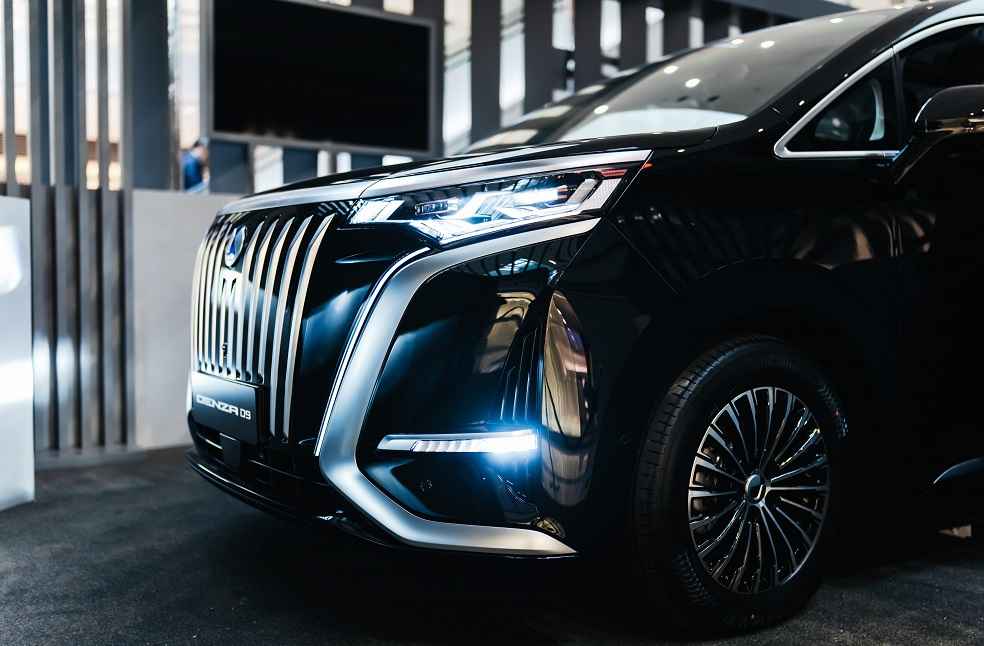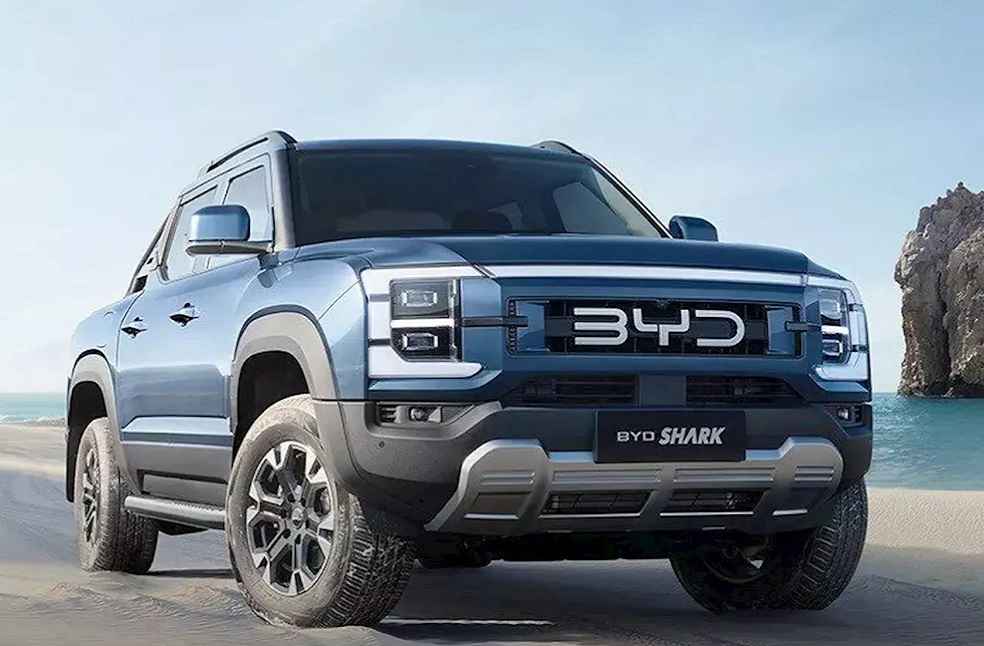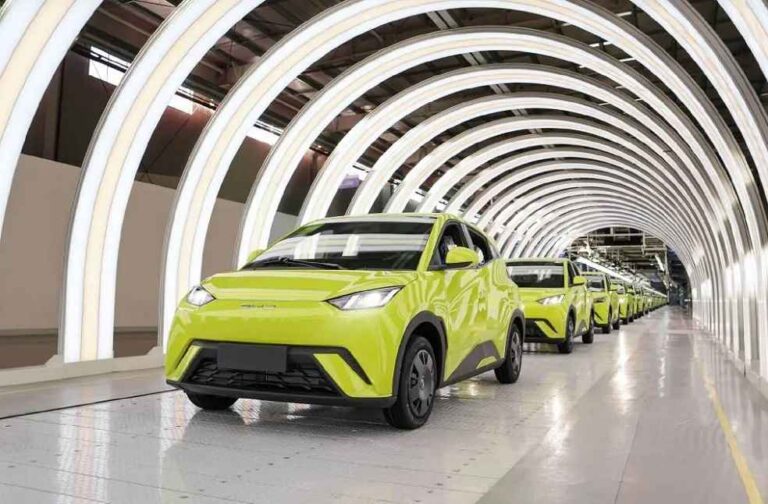China’s electric vehicle giant, BYD, is set to enter the South Korean passenger car market in early 2025, introducing premium EV models aimed at establishing the brand as a trusted choice among Korean consumers. BYD’s Korean branch confirmed the debut following comprehensive market evaluations, marking the company’s first foray into South Korea’s passenger car sector after years of success with commercial vehicles like buses and trucks since 2016.
BYD Korea announced that it is currently preparing a robust sales and service network across South Korea, recruiting staff, and pursuing state certifications required for car sales. The Korea Economic Daily earlier reported that BYD had sought approvals from South Korean authorities to introduce its EVs to the domestic market, reflecting its ambition to gain a foothold in a competitive landscape where previous Chinese car brands have struggled.

Although specific models have not been disclosed, industry sources anticipate BYD will likely introduce the Seal, a midsize EV sedan with a 569 km range per charge, and the Atto 3, a compact electric SUV that competes with domestic models like Kia’s EV3. Expected to be priced in the range of mid to high 40 million won ($28,455) in South Korea, the Seal could appeal to value-conscious consumers seeking long-range performance, while the Atto 3’s projected price could make it a competitive option in the compact SUV segment.
As part of its South Korean expansion strategy, BYD has secured environmental certification for the Atto 3 from Korea’s Ministry of Environment and awaits similar certification for the Seal. The Seal has also obtained driving range and energy efficiency certifications from Korea’s Ministry of Trade, Industry, and Energy, with specifications reported to the Ministry of Land, Infrastructure, and Transport.
The company’s success, however, depends on meeting South Korea’s high standards for quality and safety. Korean consumers have previously been critical of Chinese car brands, particularly due to concerns over quality and reliability. Industry experts emphasize that BYD’s ability to meet these expectations will determine its long-term viability in the market.

Despite challenges, BYD’s entry poses a potential threat to South Korean automakers amid a stagnating EV market. With global sales surpassing 3 million eco-friendly vehicles in 2023 and a $69.3 billion revenue from the first three quarters of the year, BYD’s substantial presence in the EV sector has attracted attention. The company’s future plans for South Korea could include luxury models from the Denza brand and potentially hybrid options, should the EV market demand remain uncertain.
However, quality concerns persist as the European New Car Assessment Program (Euro NCAP) recently issued a ‘not recommended’ rating for the driver assistance system in the Atto 3. Whether BYD can overcome these quality perceptions and earn the trust of Korean consumers remains a crucial test for its success in this new market.
NEW LAUNCH | Hyundai Unveils Lounge-Style Interior for IONIQ 9 Three-Row Electric SUV





